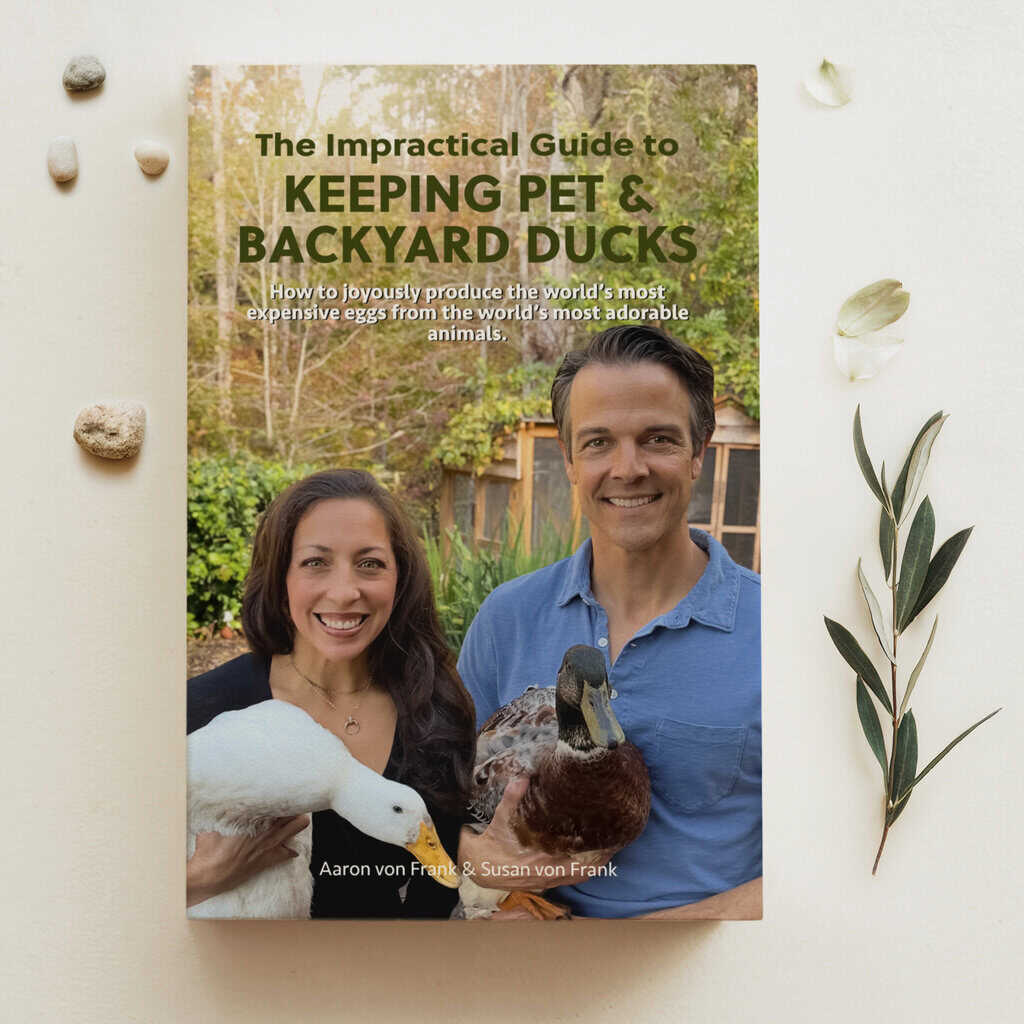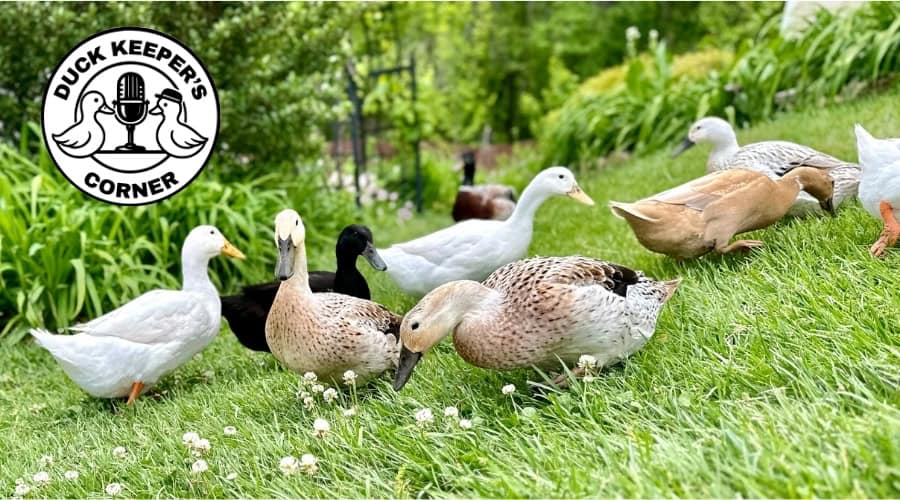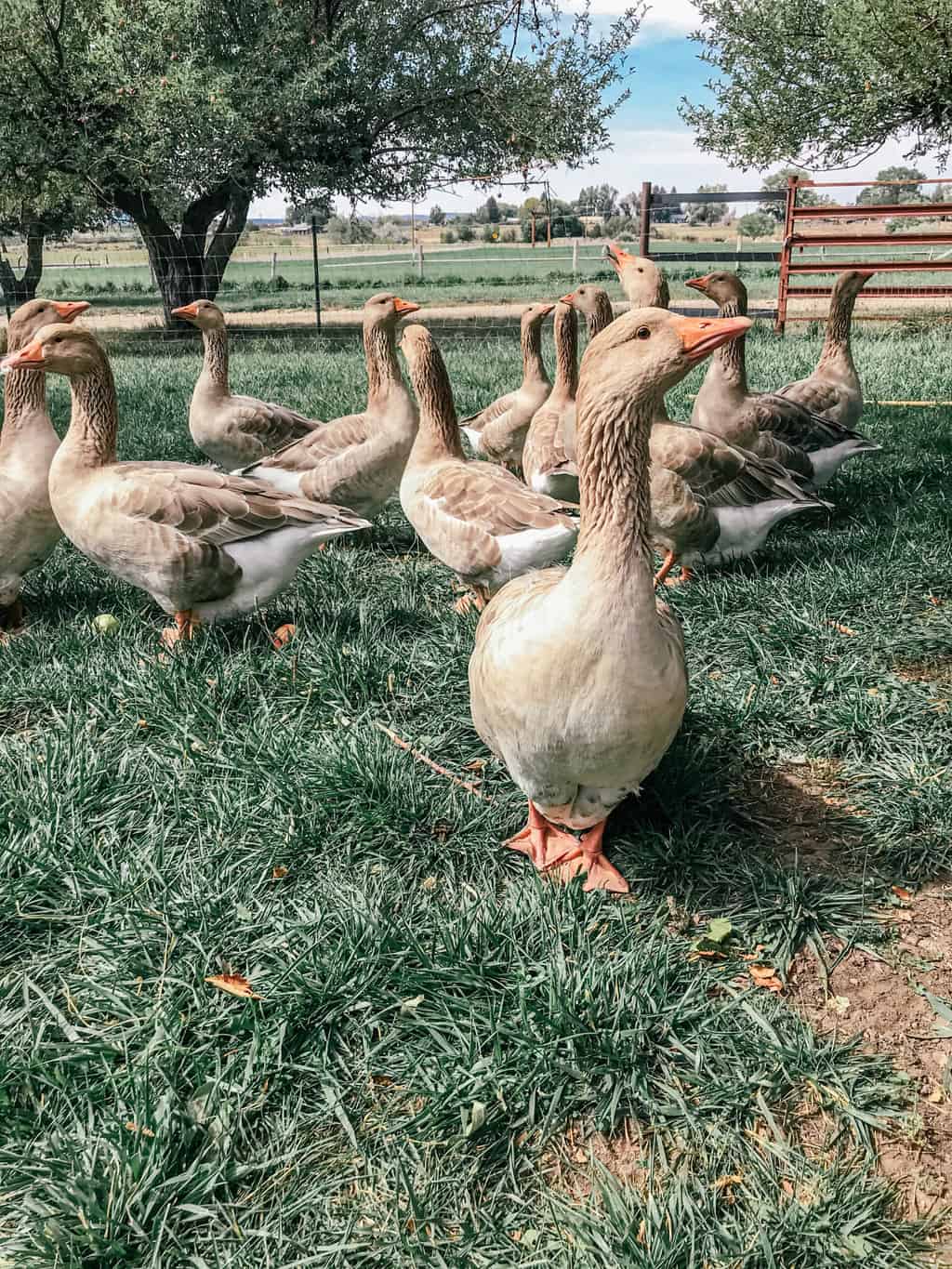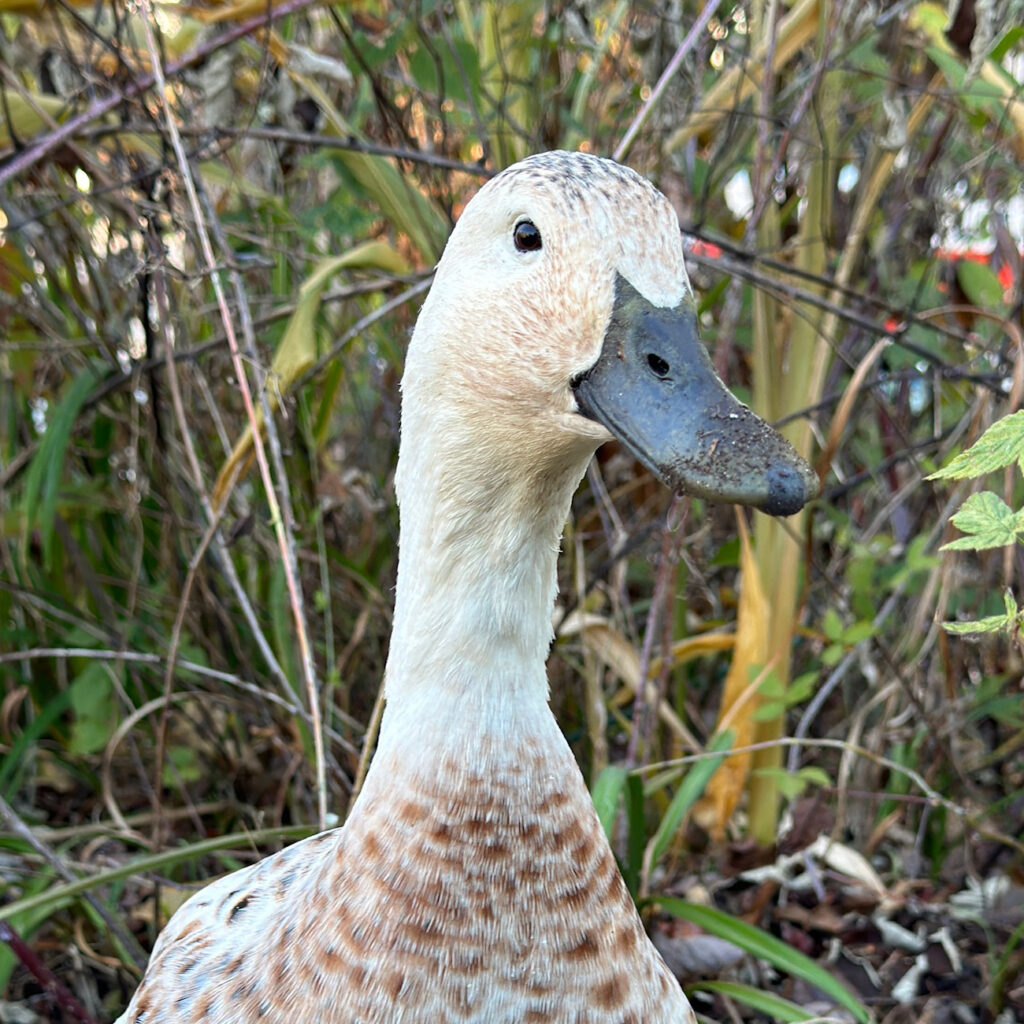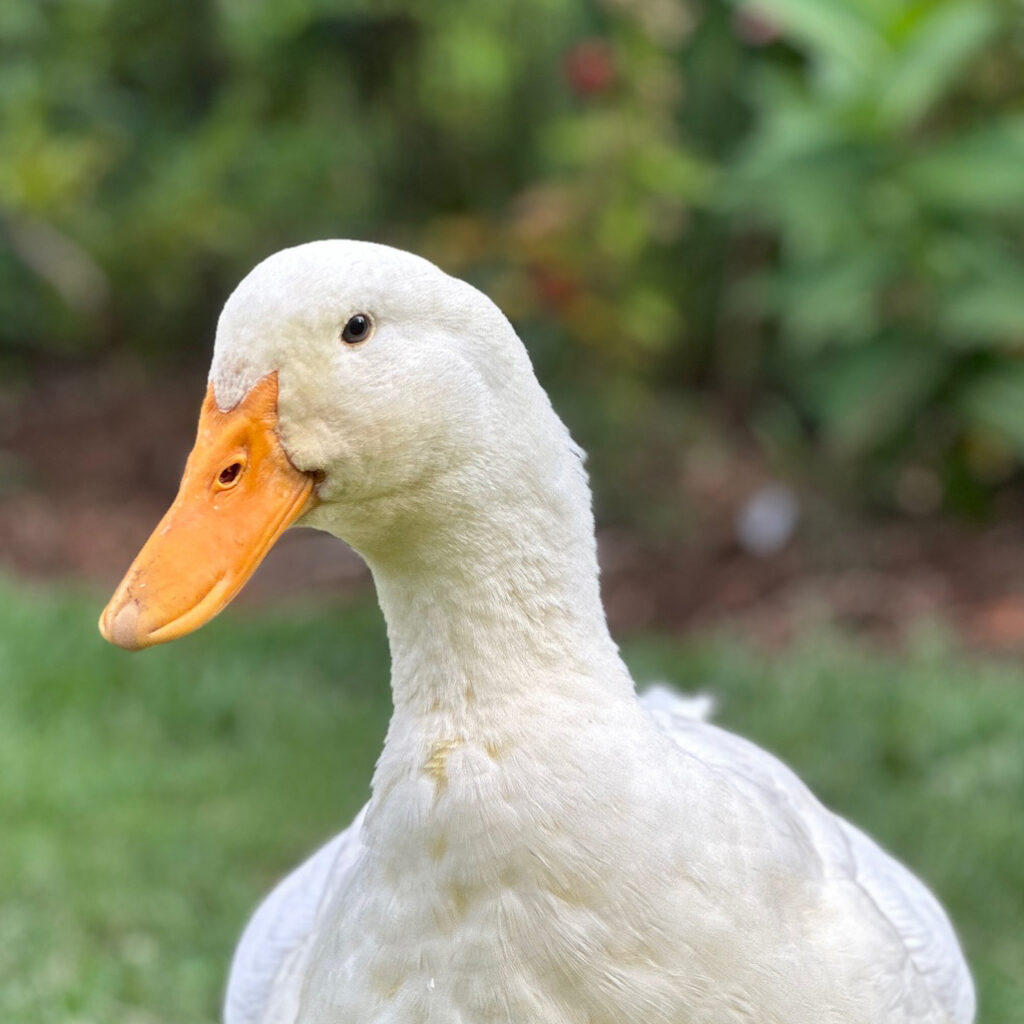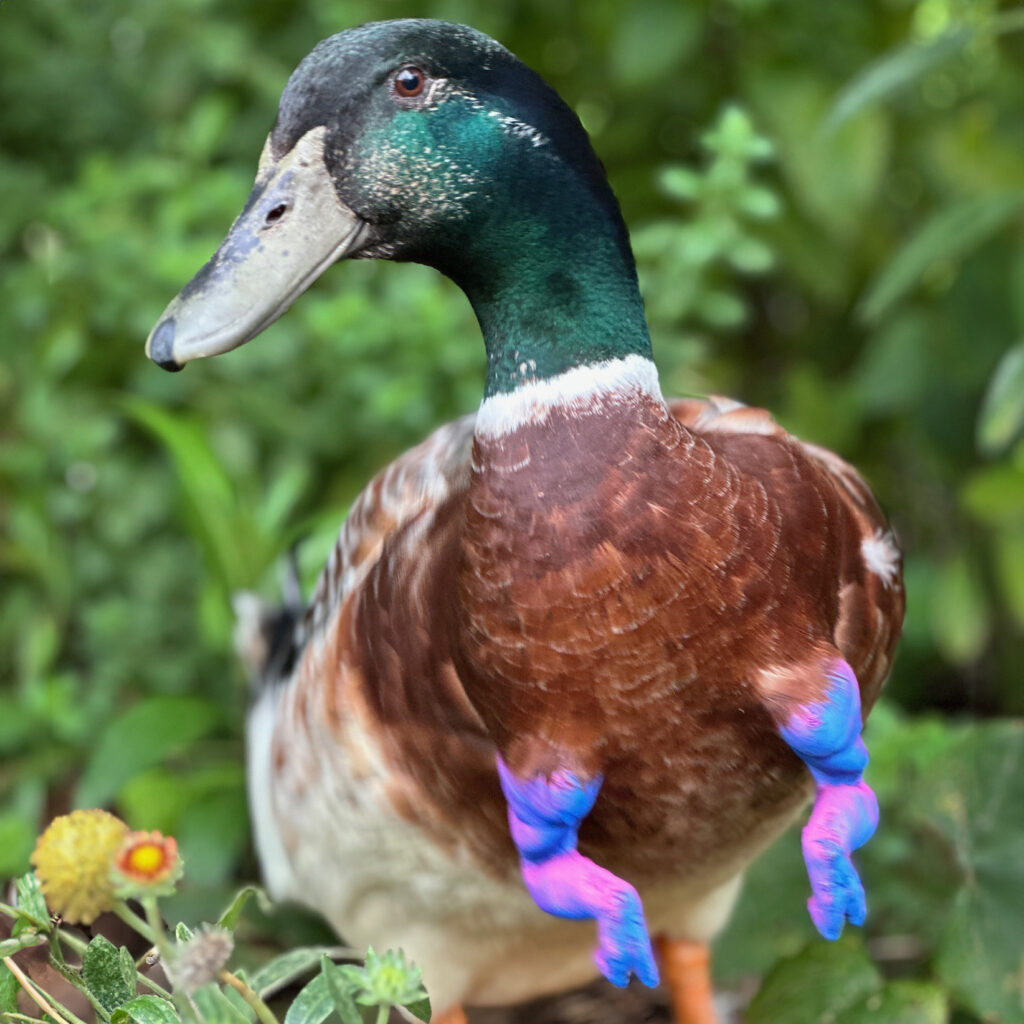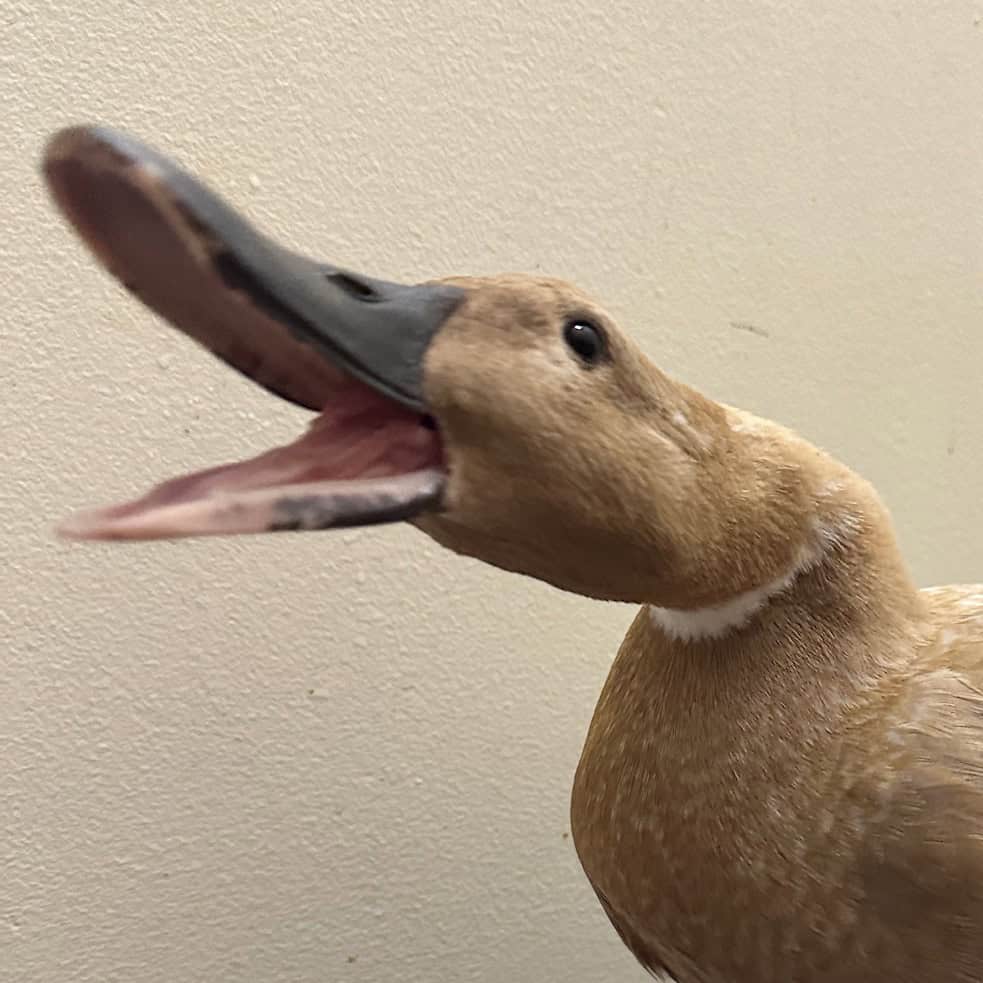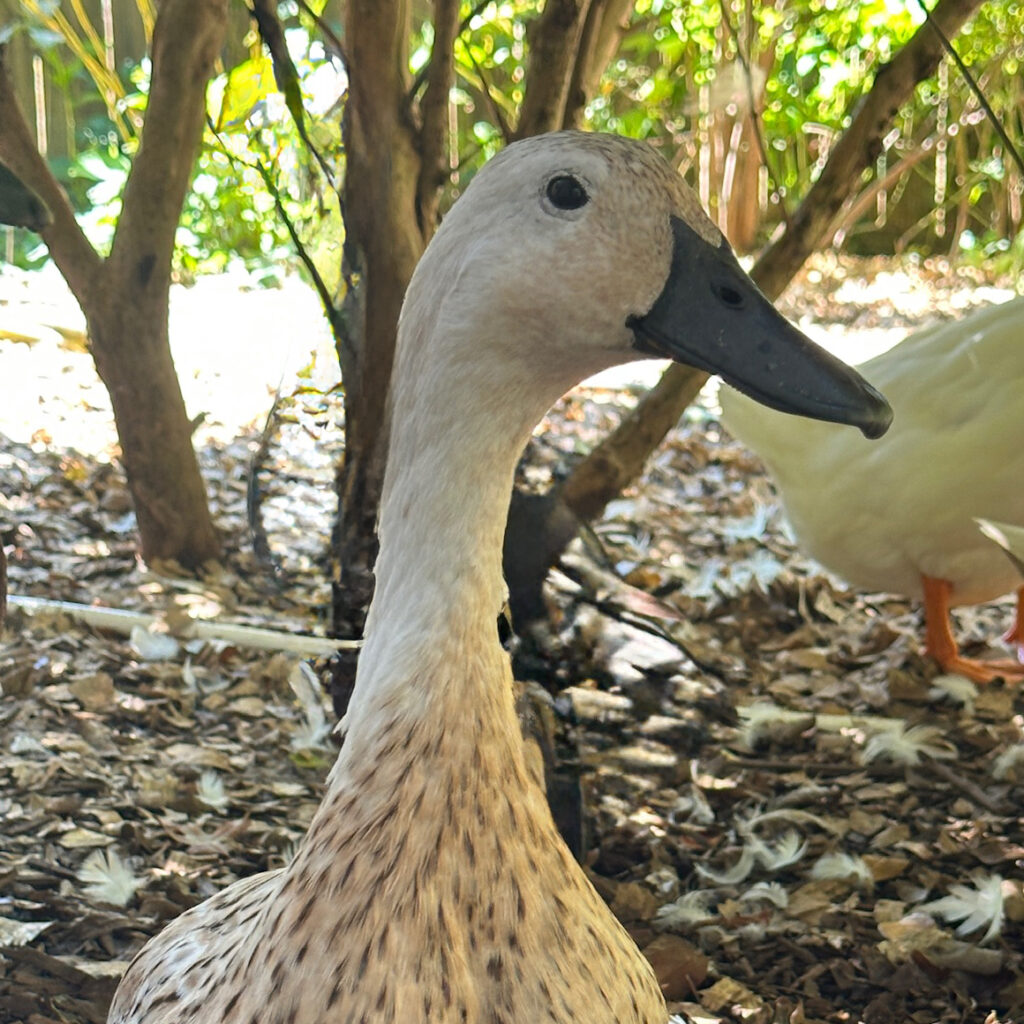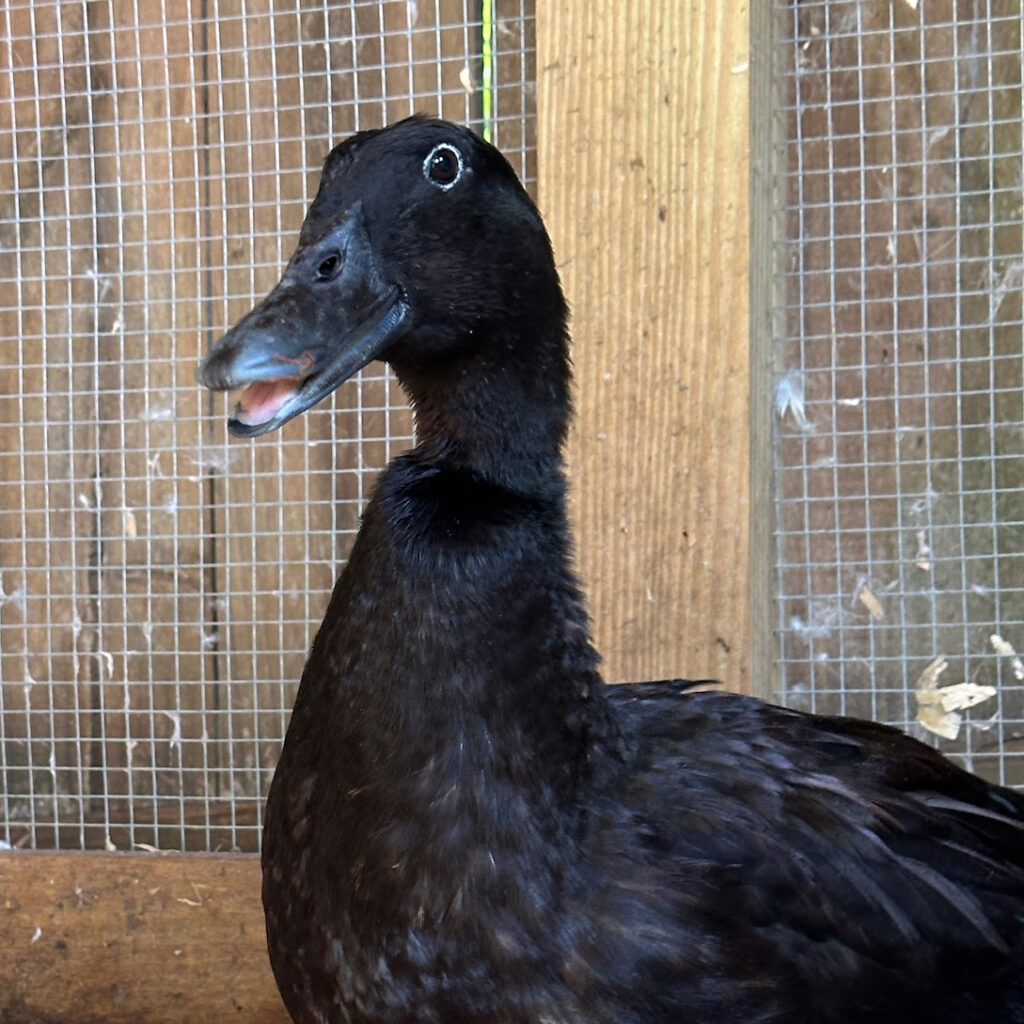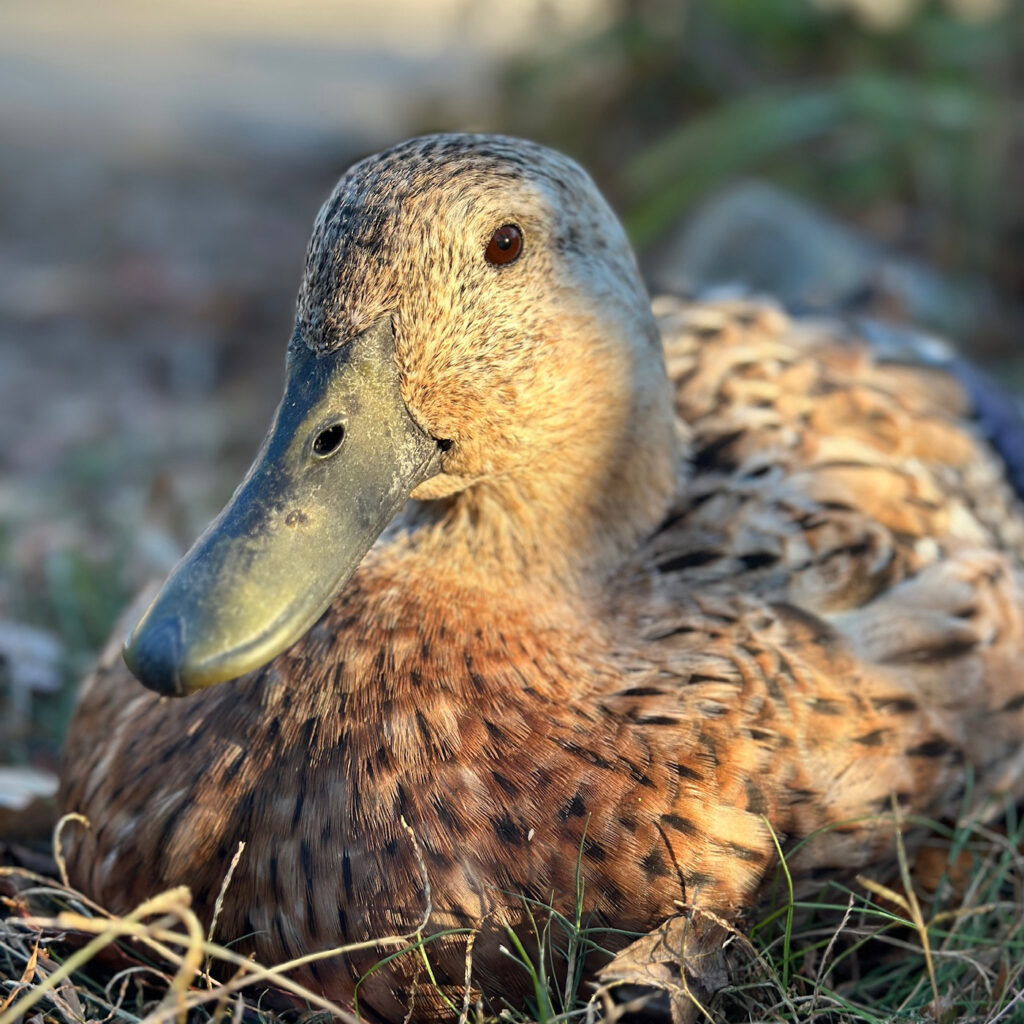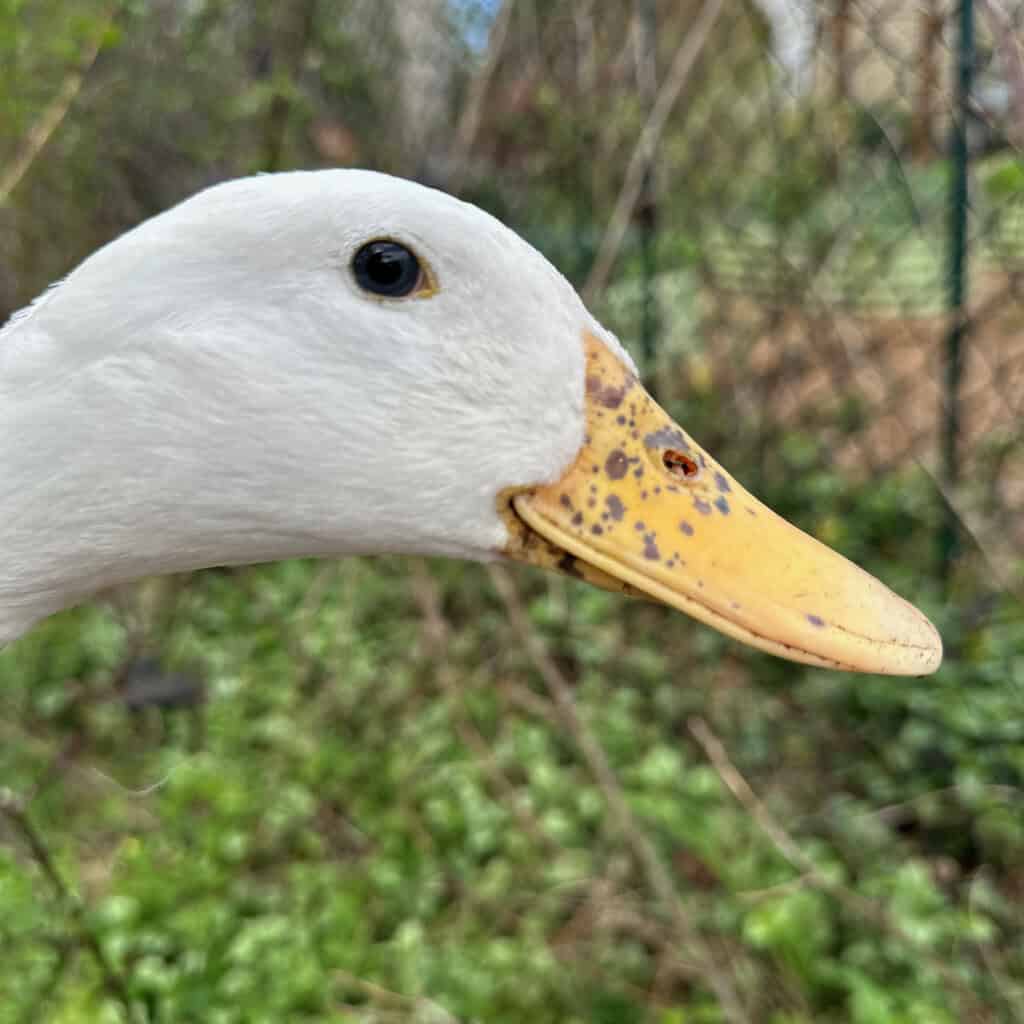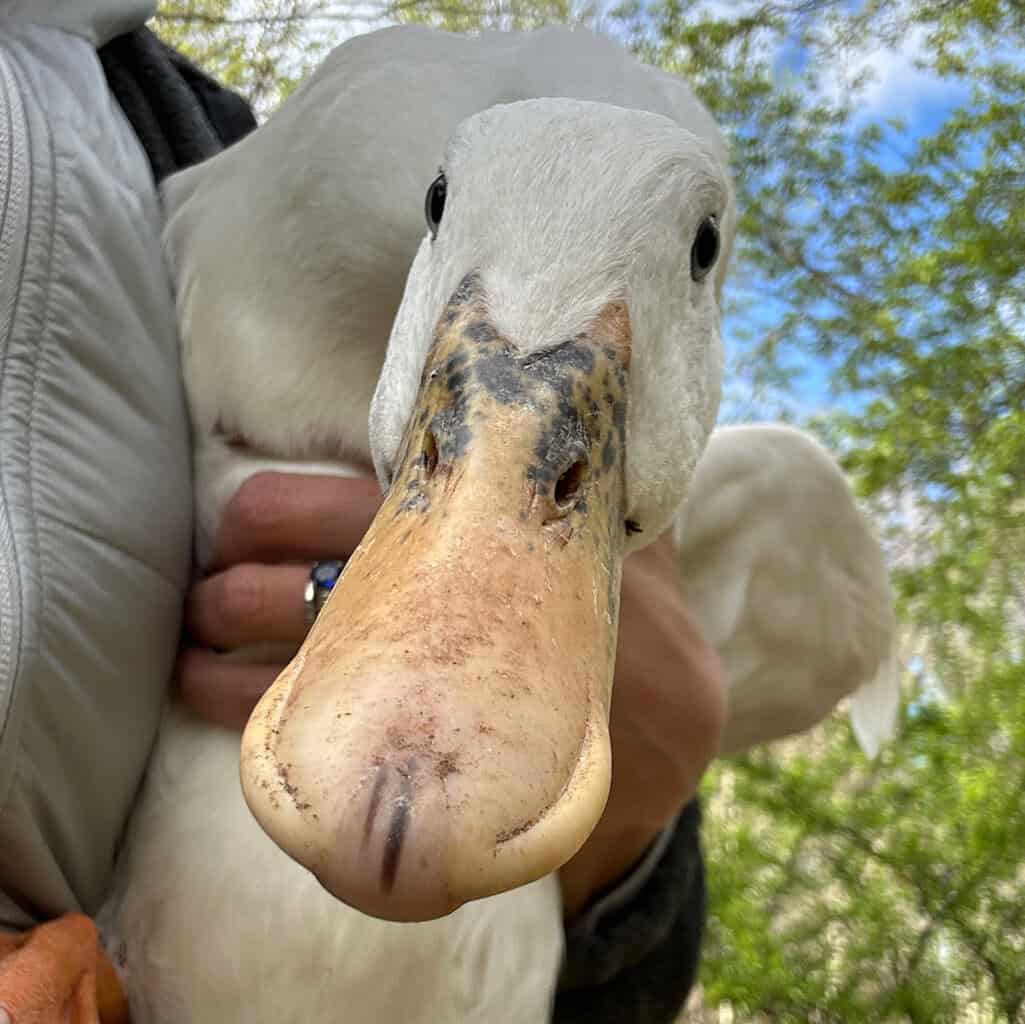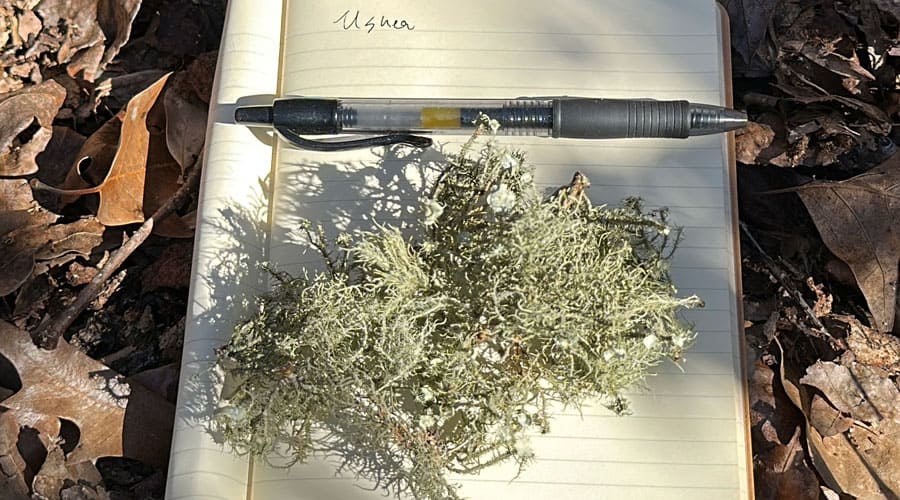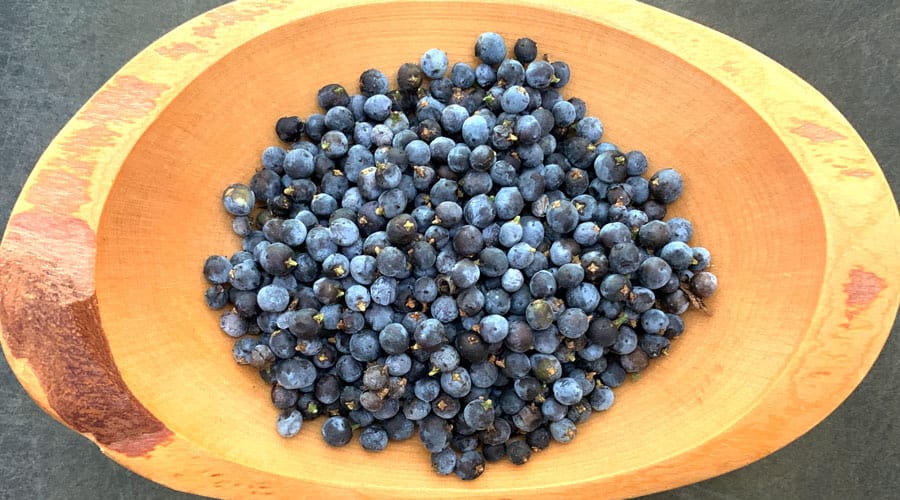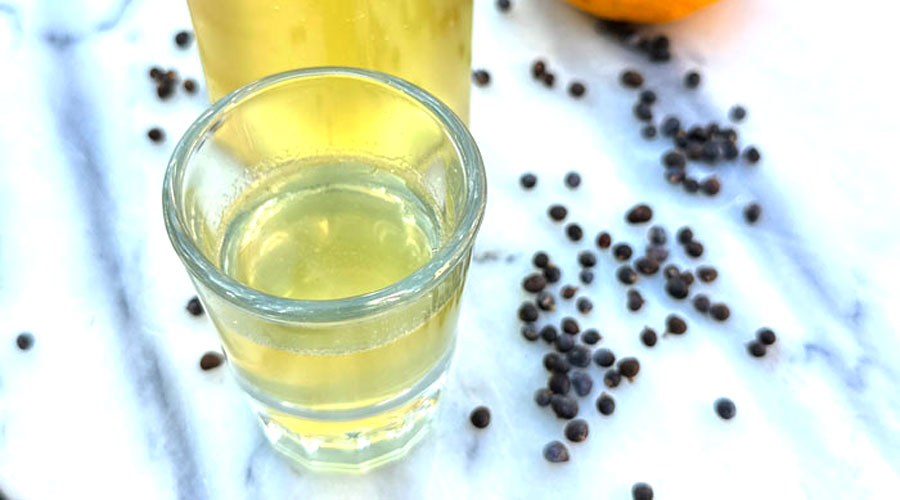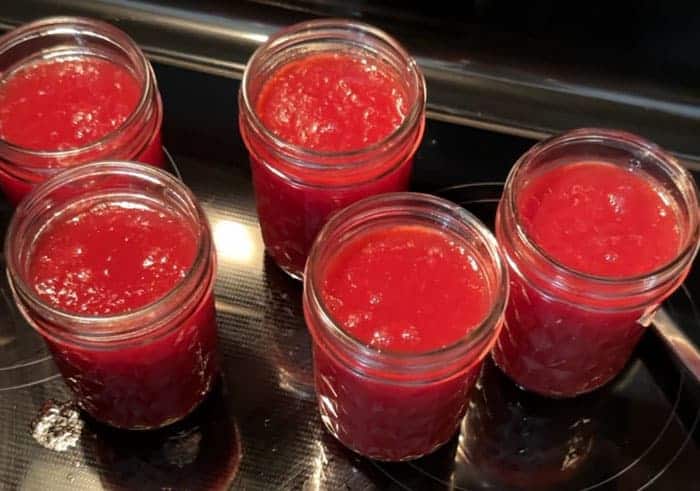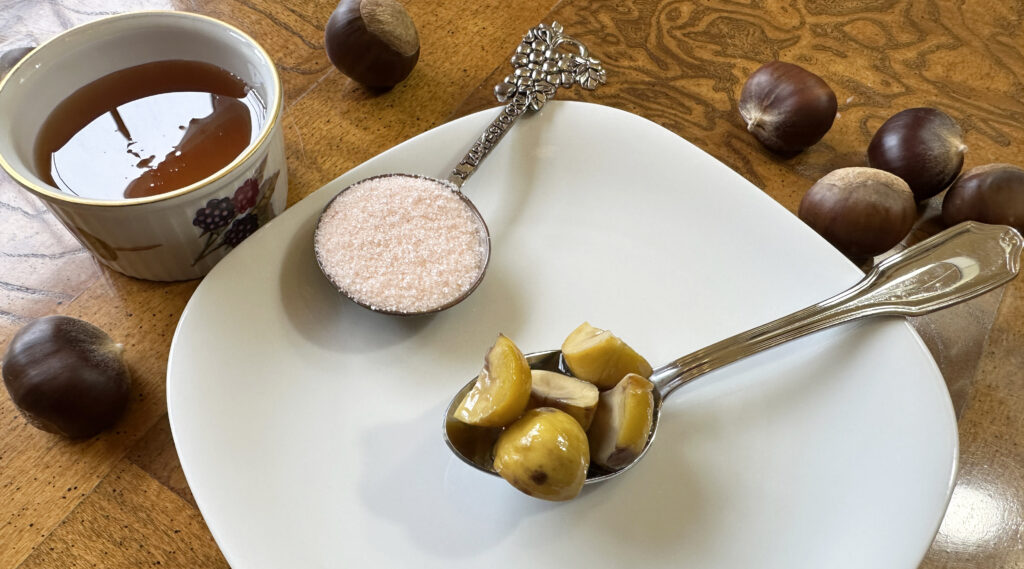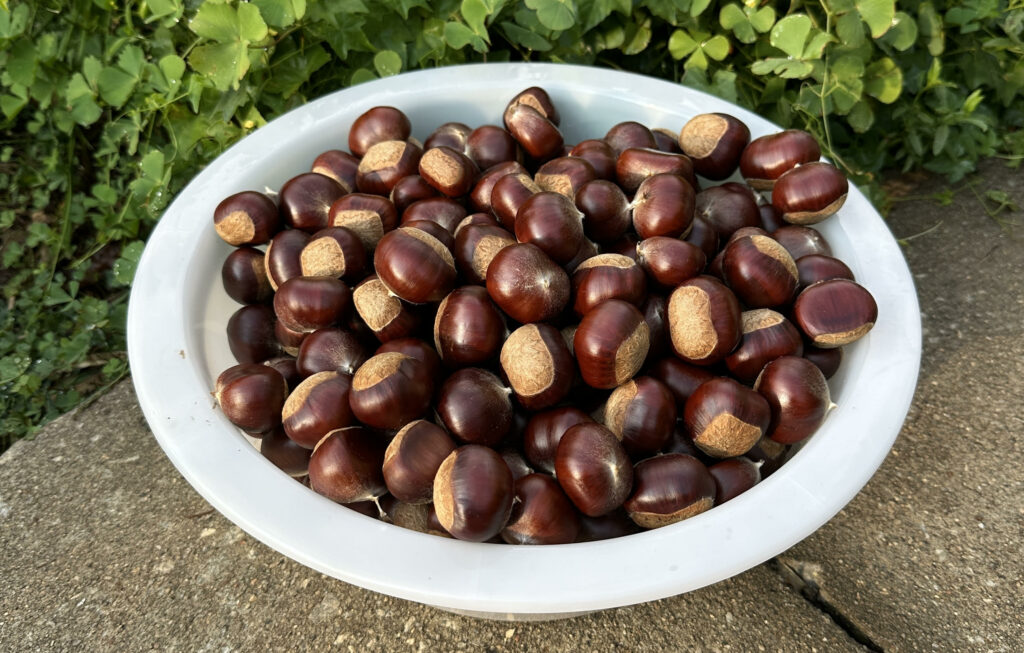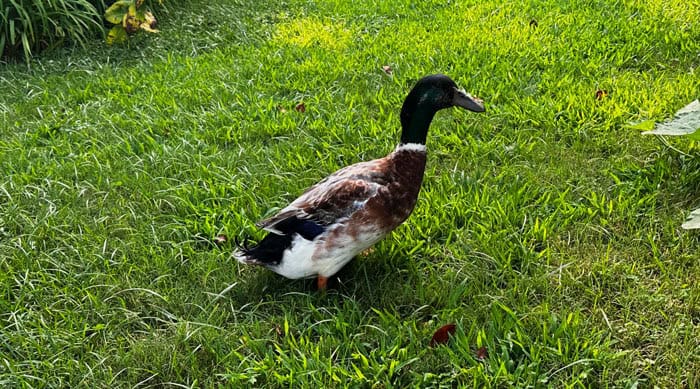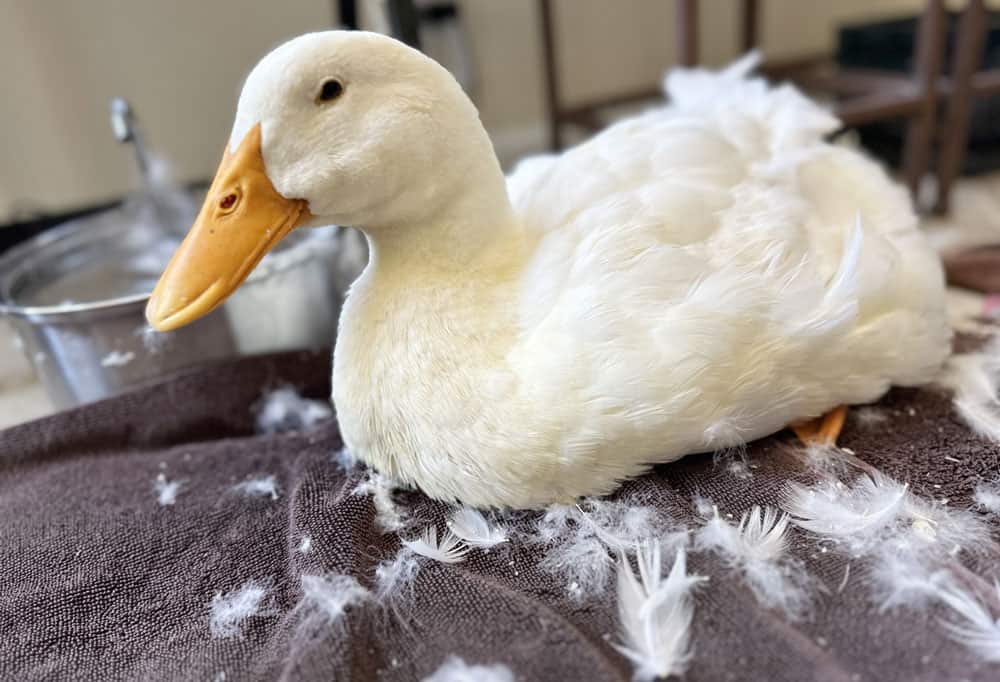Welcome to Tyrant Farms!
We’re a modern human family cultivating and sharing a life of deep ecological connection. We love to raise ducks, grow and forage food, cook, read and write books, and build community from the soil up. This website — named in honor of Susan “The Tyrant” (she’s a benevolent dictator) — is our way of sharing what we’ve learned since starting our journey over 15 years ago. Nothing on this website is AI-generated; all the photos and words are our own—borne from experience, sweat, and soil-covered hands.
Welcome to Tyrant Farms!
We’re a modern human family trying to chart a better path in a world that feels increasingly artificial, disconnected, and ecologically homicidal. We love to raise ducks, grow food, forage, cook, read (and write) books, and build community from the soil up. This website (named in honor of Susan “The Tyrant”) is our way of sharing what we’ve learned since starting our journey over 15 years ago. Nothing on this website is AI-generated; all the photos and words are our own—borne from experience, sweat, and soil-covered hands.
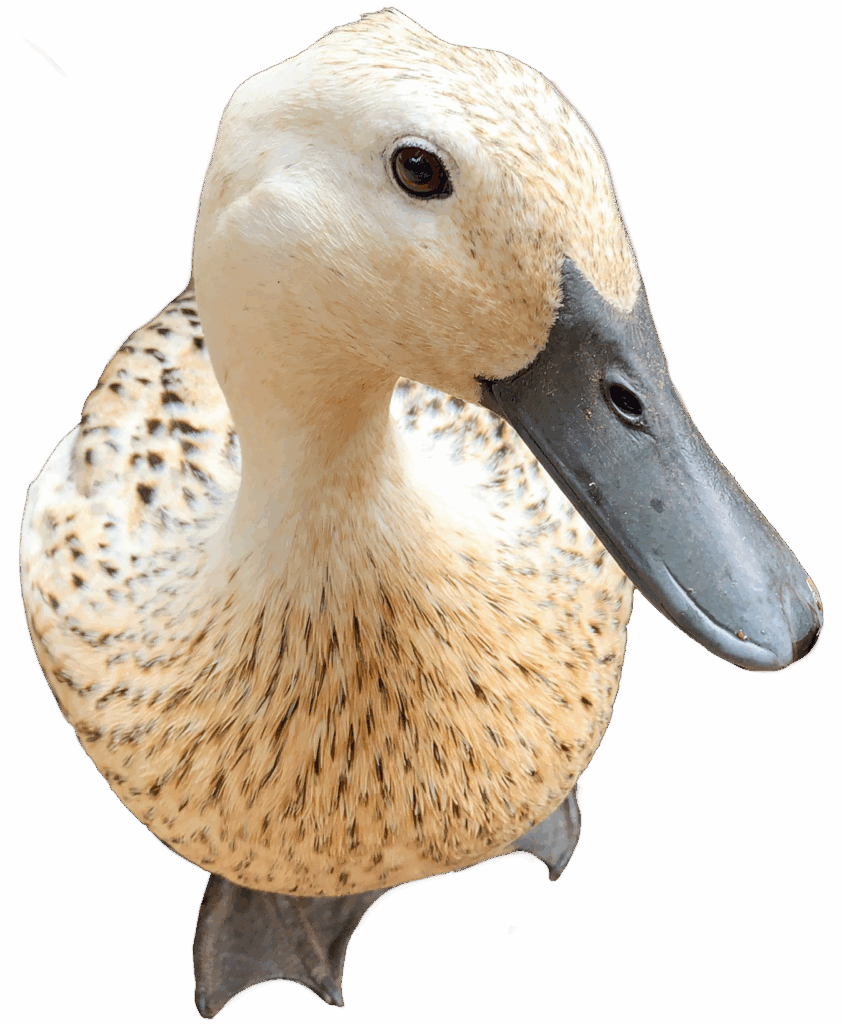
Come Learn With Us
Dive into the topic categories you’re curious about. Each article and resource was created by actual humans with experience and expertise. We never use AI or contract writers.

Gardening
Want to learn no-till (aka no-dig) organic gardening and permaculture? Discover rare edibles? You’re in the right place!

Recipes
Use our recipes to turn your home-grown and foraged goodies into unique home-cooked meals that would make a gourmet chef drool!

Foraging
Wild landscapes are full of amazing food once you know how to safely ID and utilize it. Come on a journey of culinary discovery with us!
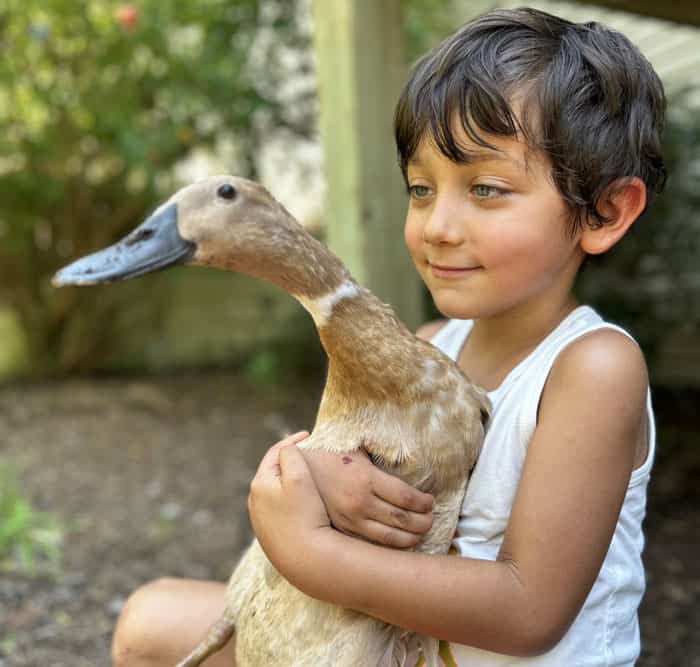
Parenting
With the help of our “village,” we’re aiming to raise a strong, kind, curious, capable, brainiac who has the capacity to discern fact from fiction. Tune into the journey!
Our Flock (& supporting characters)…
Our journey would not be nearly as much fun without our hilarious flock of ducks, two cats (Bob & Moo), and Ian our Ball Python. We’d love to introduce you to everyone and spotlight their quirky personalities.
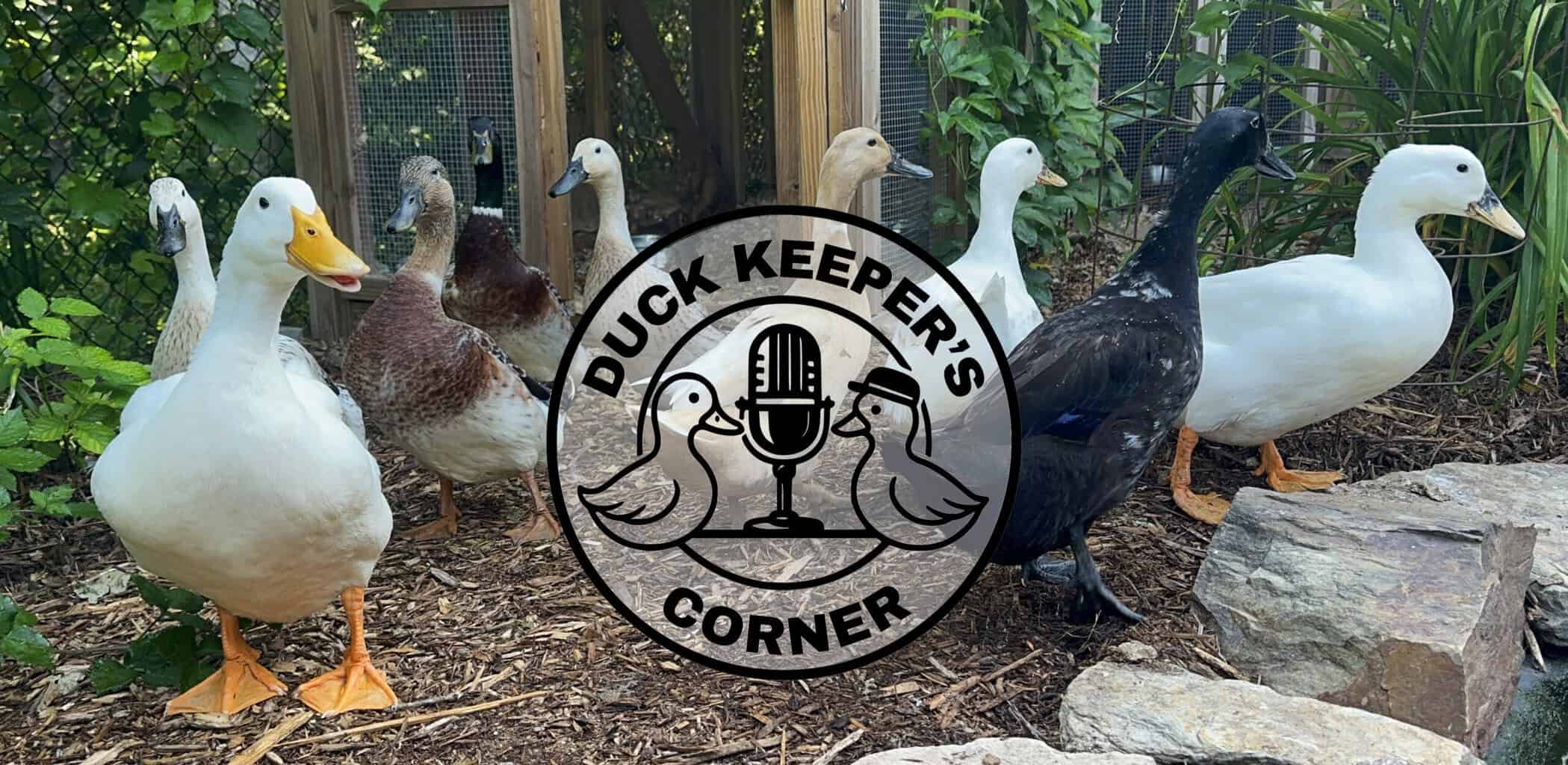
Vodcast: The Duck Keeper’s Corner
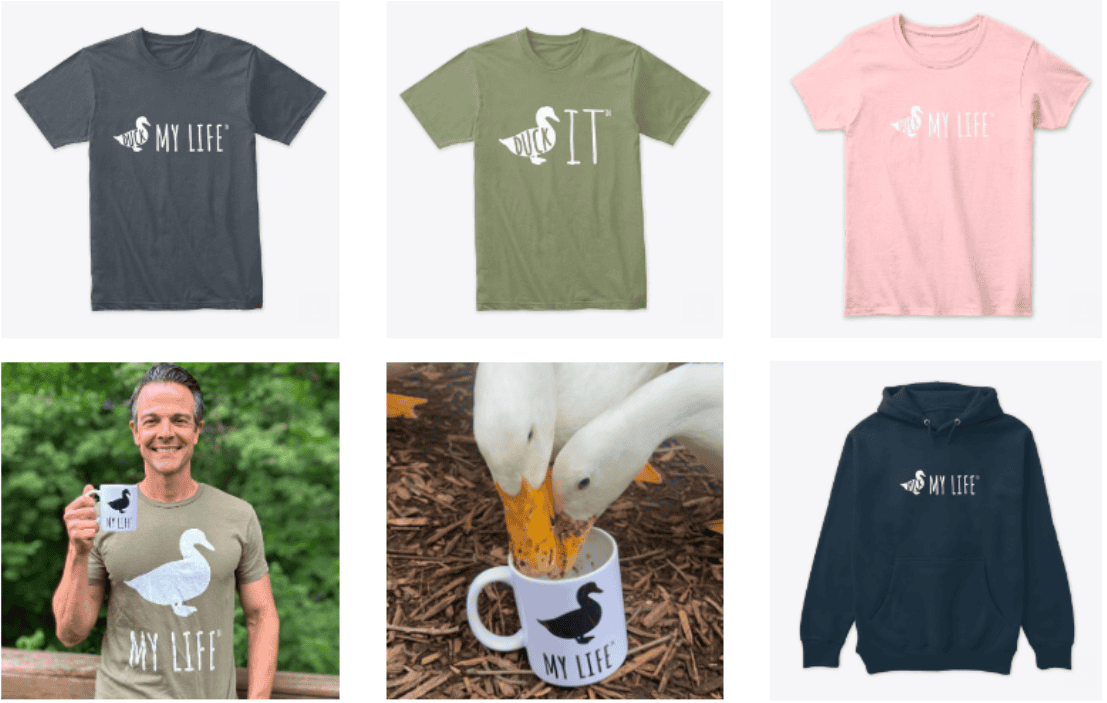
Merchandise: Duck My Life & Duck It
